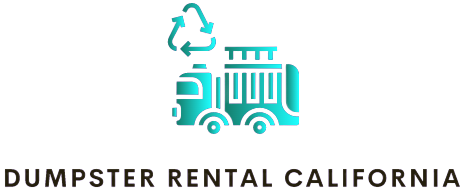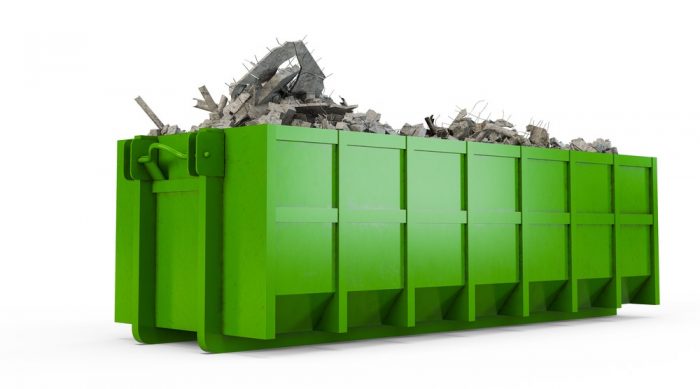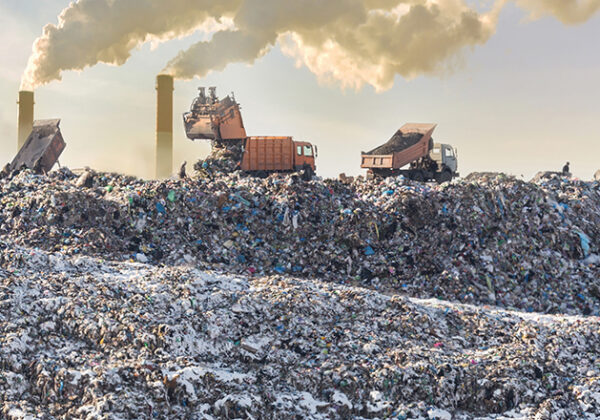Waste management is a critical aspect of sustainable development, and as the world progresses into the digital age, the integration of digital technologies has the potential to revolutionize waste management practices. This essay explores the reasons why digital technologies are poised to deliver more efficient waste management solutions in California, leading to improved resource utilization, reduced environmental impact, enhanced public health, and increased cost-effectiveness.
Real-time Monitoring and Data Analytics
Digital technologies offer real-time monitoring and data analytics capabilities that enable waste management systems to operate with greater efficiency. Internet of Things (IoT) sensors can be deployed throughout waste collection and recycling infrastructure to monitor fill levels, optimize collection routes, and detect anomalies. This data-driven approach enables waste management agencies to allocate resources effectively, reducing unnecessary trips and optimizing waste collection schedules. Furthermore, data analytics can identify patterns, trends, and areas of improvement, allowing for targeted interventions to enhance efficiency.
Smart Bin Systems
Integrating digital technologies with waste bins through the implementation of smart bin systems allows for improved waste management. Smart bins equipped with sensors can monitor fill levels, detect odors, and even sort recyclables from general waste. This real-time data enables waste management authorities to optimize collection routes, reducing fuel consumption, traffic congestion, and emissions. Additionally, smart bins can send alerts when nearing capacity, preventing overflowing and reducing littering, thereby enhancing the cleanliness of communities.
Mobile Applications and Citizen Engagement
Digital technologies facilitate citizen engagement and empower individuals to actively participate in waste management efforts. Mobile applications can provide residents with real-time information on waste collection schedules, recycling guidelines, and nearby recycling centers. Moreover, these apps can enable residents to report issues such as illegal dumping or damaged bins, streamlining communication between the public and waste management authorities. By fostering a sense of ownership and responsibility, digital platforms promote increased recycling rates and reduce contamination in waste streams.
Predictive Analytics and Optimization
Digital technologies enable waste management agencies to leverage predictive analytics and optimization algorithms to streamline operations. By analyzing historical data, these algorithms can forecast waste generation patterns, enabling better planning of collection routes, staffing, and infrastructure needs. This proactive approach minimizes unnecessary costs associated with overcapacity or inefficiencies. Optimization algorithms can also optimize waste processing and recycling operations, maximizing resource recovery and minimizing landfill usage, leading to more sustainable waste management practices.
E-waste Management
California, with its technology-driven economy, faces the challenge of managing electronic waste (e-waste) effectively. Digital technologies can play a crucial role in this aspect by facilitating e-waste collection and recycling. Mobile apps can provide information on e-waste drop-off points and even facilitate pick-up services. Additionally, digital platforms can assist in tracking e-waste throughout the recycling process, ensuring proper handling and disposal. By promoting responsible e-waste management, digital technologies contribute to the reduction of hazardous materials in landfills and the recovery of valuable resources.
Digital technologies have the potential to significantly enhance waste management in California by providing real-time monitoring, data analytics, and optimization tools. Smart bin systems, mobile applications, and citizen engagement platforms empower individuals to actively participate in waste reduction efforts. Predictive analytics and optimization algorithms enable efficient planning and resource allocation. Furthermore, digital technologies address the unique challenges posed by e-waste management. By embracing digital innovation, California can pave the way for more efficient waste management practices, leading to resource conservation, environmental sustainability, and improved quality of life for its residents.
List of References
- https://earth.org/smart-waste-management/
- https://www.sciencedirect.com/science/article/abs/pii/S001393512200946X#!
- https://dumpsterrentaloaklandca.org/
- https://dumpsterrentalcalifornia.org/santa-ana-waste-disposal-solutions/
- https://dumpsterrentalcalifornia.org/waste-management-improvements-in-fresno/



